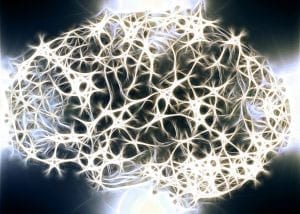Motor Neuron Disease (MND)
What is motor neuron disease?
MND is a rare, progressive disease that causes weakness. It affects the brain and nerves, which then leads to weakness in muscles across the body. It mainly affects those who are in their 60’s and 70’s.
What are the symptoms of motor neuron disease?
Symptoms include weakness in the legs or ankles, which can cause trips and make it difficult to climb stairs, slurred speech, difficulty swallowing food, weak grips, which can make it hard to carry or open things, muscle cramps and twitches, weight loss, and an inability to stop oneself from laughing or crying.
What causes motor neuron disease?
This disease occurs when the motor neurons in the brain slowly stop working. It is not known why they deteriorate. In most cases it is not hereditary, but one may be at a heightened risk if a family member has it. There is a higher likelihood of developing it if one has frontotemporal dementia as well.
How is motor neuron disease diagnosed?
A diagnosis may be hard to obtain in the early stages, as symptoms are not obvious. A diagnosis usually comes after ruling out other conditions. Tests to accomplish this may include blood tests, scans of the brain and spine, measurements of the electrical activity in the muscles and nerves, and a lumbar puncture.
What are the treatments for motor neuron disease?
After one has a diagnosis, treatment is symptomatic, as there is no cure. Occupational therapy can help with everyday tasks, while physical therapy can help to maintain muscle strength. Speech therapy may also be helpful. A specific diet may be recommended, as will emotional support. A drug called riluzole may be prescribed, as it has been shown to slightly slow the progression. Medications to stop muscle stiffness and salivary problems are other options for treatment.
Where can I find out more about motor neuron disease?
Motor Neuron Disease Articles

Soccer Player Marcus Stewart Shares Update on MND Diagnosis




A Geriatrician Gets Frontline Experience as a Caregiver


New Trial in the U.K. Will Test Multiple Possible Treatments of Motor Neurone Disease
-300x200.jpg)






